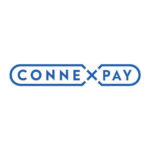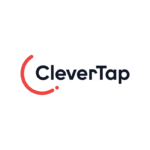Gynger, an NYC-based software and infrastructure financing startup, raised $11.7 million in seed funding and $10 million in debt financing.
Upper90 and Vine Ventures were the software and infrastructure financing startup leading investors. Upper90 also provided the initial $10 million loan facility. Additionally, Deciens Capital, Quiet Capital, and Gradient Ventures participated in the round.
To obtain the lowest prices, make payments according to their terms, and maximize their cash flow, Gynger gives entrepreneurs access to non-dilutive funding for financing their software purchases.
Gynger allows businesses to underwrite loans in only a few minutes, pay their vendors the next day, and manage their software contracts and payments from a single dashboard.
The startup has provided funding for contracts ranging from $1,000 to $1,000,000 for leading platforms like Datadog, Airtable, Secureframe, GCP, AWS, Amplitude, Apollo, Braze, Slack, and Zoom.
In a market where securing funding is getting harder and runway is a significant concern, Gynger offers an alternate financing option to assist businesses in acquiring the required equipment.
Gynger backs startups by providing an alternative financing solution
Venture debt has a high entrance hurdle; dealing with traditional lenders takes time, and they frequently overlook new companies. Revenue-based funding is only helpful for companies with annual revenue of at least $1 million.
The software and infrastructure financing startup asserts that it has produced a genuinely founder-friendly product by giving consumers the power to make purchases without requesting the commitments, fees, warrants, and personal guarantees that other lenders do.
Gynger CEO and founder Mark Ghermezian said, “In the early days of building Braze we needed the best software and infrastructure to get the company off the ground, but those tools were expensive. It was a challenge to balance our tech costs while focusing on extending runway.
“We wanted to figure out how to combine software with capital to really service the startup ecosystem, to help them get the best software while extending and managing their cash flow,” added Ghermezian.

































